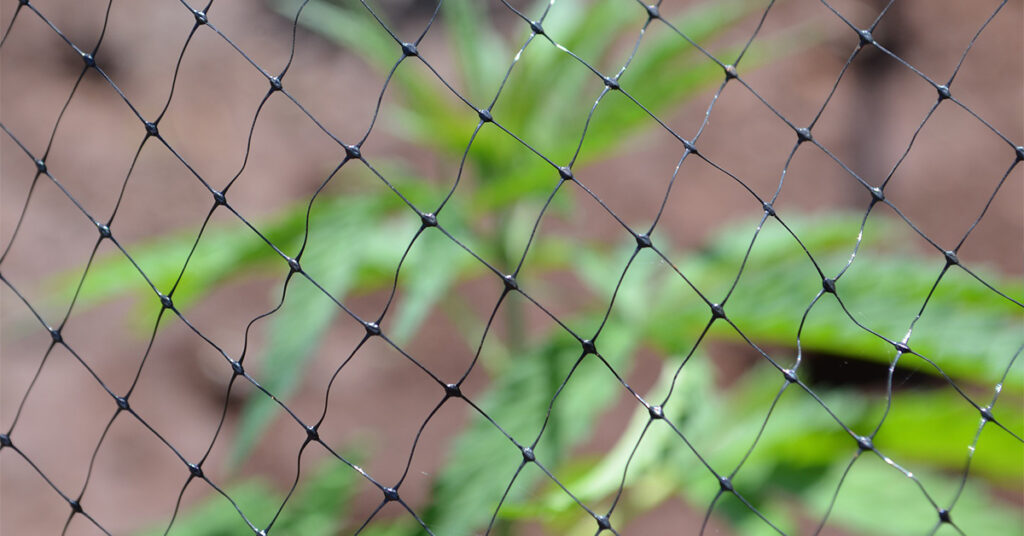
The very first cannabis arrests in RI were of three Black men in 1934. Two weeks after these arrests, the State Narcotic Board began its nearly two-year crusade against the outdoor growth of the plant, eventually resulting in the prohibition of outdoor cannabis throughout RI.
In the weeks immediately following this incident, the Providence Journal reported that the arrests had done nothing to prevent the continued sale and consumption of cannabis in the state. In fact, even though the previous field of cannabis had been destroyed at Field’s Point, two weeks later another field was quickly discovered. They wrote; “Since the arrest two weeks ago of four Negroes said to have been gathering and selling dried leaves of a large growth of the weed over several acres of city-owned land at Field’s Point, the State Board is understood to have received complaints that traffic in the drug was still being carried on in other places.”
In direct response to the discovery of at least five more cannabis fields on public land and continued “traffic in the drug,” the State Narcotic Board proposed a state law that required landowners, lessees and tenants to report and destroy any cannabis plants found growing on their properties. Board Secretary Dr. Frederick Cole was quoted in the Providence Journal saying that “the arrest last November of four men and the destruction of the Allen’s avenue growth of the weed scarcely more than ‘dented’ the traffic in hashish in RI.” Thus, according to Cole, further action needed to be taken to prevent the traffic of “hashish, the narcotic drug which can wreck a human being as thoroughly as the European corn borer ruins crops.” Cole “asked for united action by social service and welfare organizations to put an end to the traffic in the weed, which he described as ‘the greatest danger that has threatened our youth in recent years.’”
The Providence Journal made sure to remind its readers of the origin of this threat; “The general nature of hashish came forcibly to public notice last November when a Negro floater, taking temporary shelter at a Federal transient bureau, went for a walk along Allen’s avenue.” For the State Narcotic Board, this man was the only logical conclusion for the origin of the fields of cannabis throughout the state, which, according to their own research, was one of the only locations on the East Coast where it could grow naturally outdoors.
As the gears of making statewide policy slowly turned, more RI residents took the opportunity to write to the Providence Journal to express their opinions on the proposed law. In a clever article titled “Every Man a Botanist,” an unnamed author expresses concern that landowners throughout the state have no legitimate ability to accurately identify the plant on their property, and that a more reasonable alternative would be to employ experts and to proceed in a “businesslike way.” The author then recognizes that this option would be both costly and time-consuming, and that “the evidence of [its] necessity,” in the first place, “is insufficient.”
The author proceeds, in true tongue-in-cheek fashion of the era, to voice their ultimate concerns with the proposed bill; “We have a feeling that there are many other things better worth doing, such as stamping out boot-legging, crime in general, the corn borer, bovine tuberculosis, Bang’s disease, the elm-leaf beetle, illiteracy, expectorating on sidewalks and automobile accidents. These are crusades begun but not ended. To start another will but diffuse our energies, which in all truth seem unequal to the responsibilities already accepted.”
Perhaps this feedback halted the policymakers in the moment, because no law was introduced or passed that year. However, a year later, a bill was introduced, “That ‘hashish,’ a habit-forming drug, be included in the State narcotic laws.” The Providence Journal noted that it was because of “an oversight” that “it was omitted from the model law enacted last year.”
In the end, about a year and a half after the first cannabis arrests for possession in RI, the state passed H747, which placed “hashish” in the list of narcotics banned in the state, and thus required all landowners to eradicate any growths on their property. Cannabis was not legal to grow outdoors again until 2016, when the state passed the Hemp Growth Act, and then created its industrial hemp program, which began in 2019.


